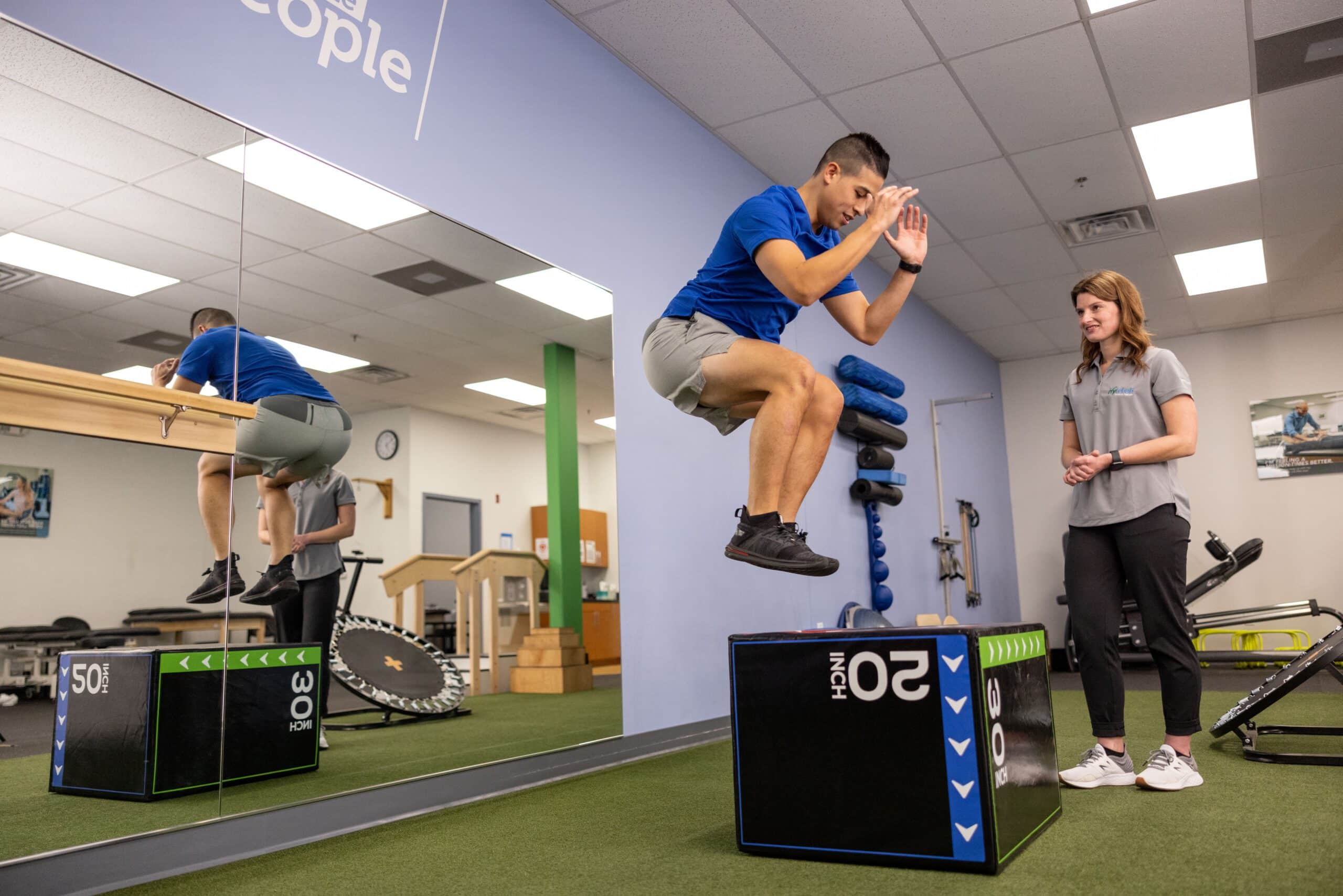The Impact of Sports Rehabilitation on Speeding up Injury Recovery and Improving Athletic Output
Wiki Article
Sports recovery plays a vital role in assisting athletes recover from traumas and improve their total performance. When sportspeople get injured, it can be frustrating and demoralizing. However, with the appropriate rehabilitation plan, they can return to their sport more robust and more prepared than previously. Sports recovery focuses on targeted exercises and therapies that address the injured area, aiding to alleviate discomfort and regain function. This process not only aids in recovery but also enhances athletic capability by addressing any weaknesses or discrepancies that may have contributed to the trauma.
One of the essential components of sports rehabilitation is the assessment of the injury. A trained professional, such as a physical specialist or athletic trainer, evaluates the athlete's status to identify the most effective path of treatment. This evaluation includes comprehending the kind of injury, its severity, and how it affects the athlete's ability to compete. By collecting this data, the rehabilitation specialist can develop a customized care plan that includes exercises, stretches, and modalities like ice or heat therapy. This tailored approach ensures that the athlete receives the most effective care for their specific needs.
As athletes progress through their rehabilitation, they often engage in various exercises designed to strengthen the damaged area. These workouts may include strength exercises, flexibility work, and stability exercises. Strengthening the muscles around the injury helps to support the joint and avoid subsequent traumas. Additionally, enhancing range of motion can improve the scope of motion, allowing athletes to perform better in their sport. Stability additional resources exercises is also essential, as it assists sportspeople keep balance and control, which are critical for peak performance.

Another crucial element of athletic rehabilitation is education. Athletes gain knowledge about their traumas, the recovery process, and how to prevent subsequent issues. This understanding empowers them to take an active role in their recovery. Understanding the importance of proper preparation and recovery practices, as well as the importance of paying attention to their physical condition, can help athletes avoid recurrence of injuries. Furthermore, recovery specialists often provide advice on diet and hydration, which are vital for recovery and general sports performance.
In conclusion, athletic recovery is crucial for sportspeople healing from injuries and striving to enhance their capability. Through customized assessment and treatment strategies, sportspeople can regain power, range of motion, and stability. The learning provided during rehabilitation enables athletes to take charge of their rehabilitation and avoid future traumas. By committing time and energy into athletic recovery, athletes not only heal but also enhance their abilities, making them more competitive in their respective activities.